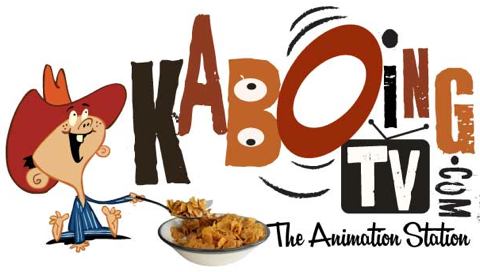Do Characters in Preschool Shows Need Character?
The emphatic answer is yes! Why wouldn’t you give your character, character? That’s how your audience relates to your show. Of course, preschool audiences are somewhat less demanding than older kids but that does not mean they do not perceive what they see on the screen any differently.
With the current regulations regulated to educational TV shows in the US, it would seem that some networks (PBS excepted) seem to throw the bare minimum at that sector of the market. Others fare slightly better. Disney for instance has Little Einsteins and its stable of Disney characters to boot because it’s never too early to familiarize children with your properties.
Someone once lamented that some of those shows basically educate kids, there is little or no attempt to try and create something richer. For example, some shows simply teach the kids their ABCs or 123s with perhaps a little plot mixed in for good measure. This is perhaps the minimum standard for a TV show and the vast majority of shows are much more than this.
However, what sets Little Einsteins apart from other shows? In terms of character, not very much. The kids are kids doing kid things and that is that. It’s a fine concept and it has worked quite well for Disney as well as PBS in the form of Barney the Dinosaur.
In stark contrast stands Sesame Street, the bastion of children’s television in the US. That show has some perhaps some of the greatest characters to ever grace a TV screen in the Muppets. Think about it. Every single one of them is different and has a distinct trait. Big Bird is big and tall but is very understanding and loved by all. Oscar the Grouch hates everyone but also has his sift spot, the Cookie Monster needs no introduction whatsoever, Elmo is actually 3 years old and the list goes on.
Each one of the Muppets has his or her own strengths and weaknesses that are played out every week on TV for the kids to see. They might not full understand it at the time, but they nonetheless interpret it and retain it. Why else would they market Oscar the Grouch T-shirts to people such as myself?
Another excellent series is WordGirl the PBS animated show about a super-heroine alien girl who lives on earth. The show aims to teach kids how to spell but also relies on a significant entertainment aspect that has proven popular with kids and adults alike.
The creators of preschool shows are in a special category of their own. Many of them have a deep passion for their chosen career and display a special talent for creativity that resonates with kids. Networks should allow such creators as much freedom as possible and be open to new ideas. Kids programming is a sensitive area of media that receives special attention from the government and parents groups alike, but that should not preclude the use of charters that are fun, complex and resonate with kids and adults.
Do Characters in Preschool Shows Need Character? Read More »






